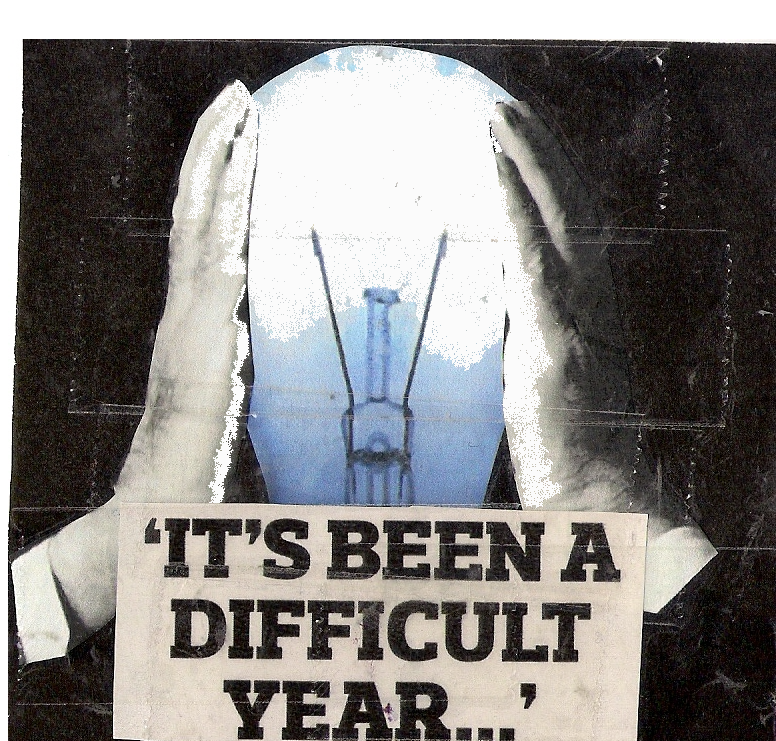It’s been a challenging year for investors. Whether they are younger people accumulating and growing assets, workers with growth-focused super funds, or retirees managing their retirement funds, it’s been difficult and unpredictable.
The average diversified investment portfolio has lost 3.4 per cent over year to November 30 according to research firm Lonsec. Residential property has taken a breather after big gains in 2020 and 2021 with values declining in most areas.
Shares have lost more. The All Ordinaries Index reached an all-time high on January 4, above 7900 points. It soon fell as the first inflation figures appeared. The Reserve Bank then reassured everyone that interest rate increases were a long time away, leading to a partial recovery.
February brought the outbreak of the Ukraine War causing another share market dive. Fortunately the war didn’t spread, reducing the risk of it derailing the global economy. In March share markets recovered almost back to record levels.
The June Quarter saw multiple central bank interest rate hikes around the world and in Australia. Shares recorded big falls leading to a low point on June 20. The financial year reports prepared on June 30 were weak.
The September Quarter produced a healthy recovery followed by another sharp fall as the US Federal Reserve warned investors that rates needed to go much higher yet. September 30 share prices were just above their June lows.
October and November brought signs of inflation flattening and starting to decline in the US, Europe and recently here. That means interest rates are close to their peaks so shares have risen. The optimism is continuing this month. The market has now regained sixty per cent of its losses.
In an unusual event fixed interest securities have also lost value this year. With the rapid rate rises, government bonds issued previously, paying low interest, are now worth less because new bonds issued now pay much more interest. The last major episode of this was in 1994.
As interest rates approach their peak we hear talk of recession in 2023. That could happen if central banks are too aggressive and push interest rates too high, slowing economies too much and pushing them into reverse.
Central banks must slow economies enough to reduce demand and inflation but not so much that consumers go defensive and the economy shrinks. They are seeking a “soft landing”.
There is a good chance most central banks including ours will navigate a safe landing. If they do economies should make reasonable progress next year, so investments should also perform quite well.

